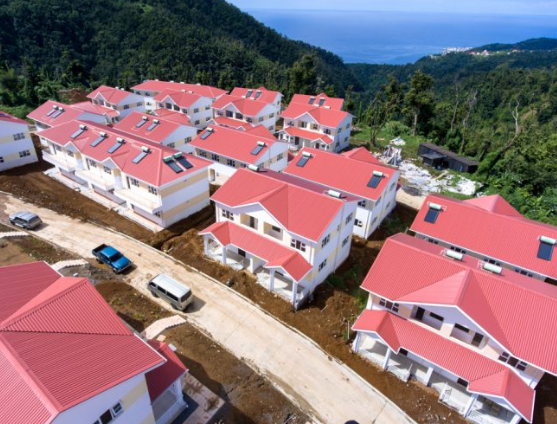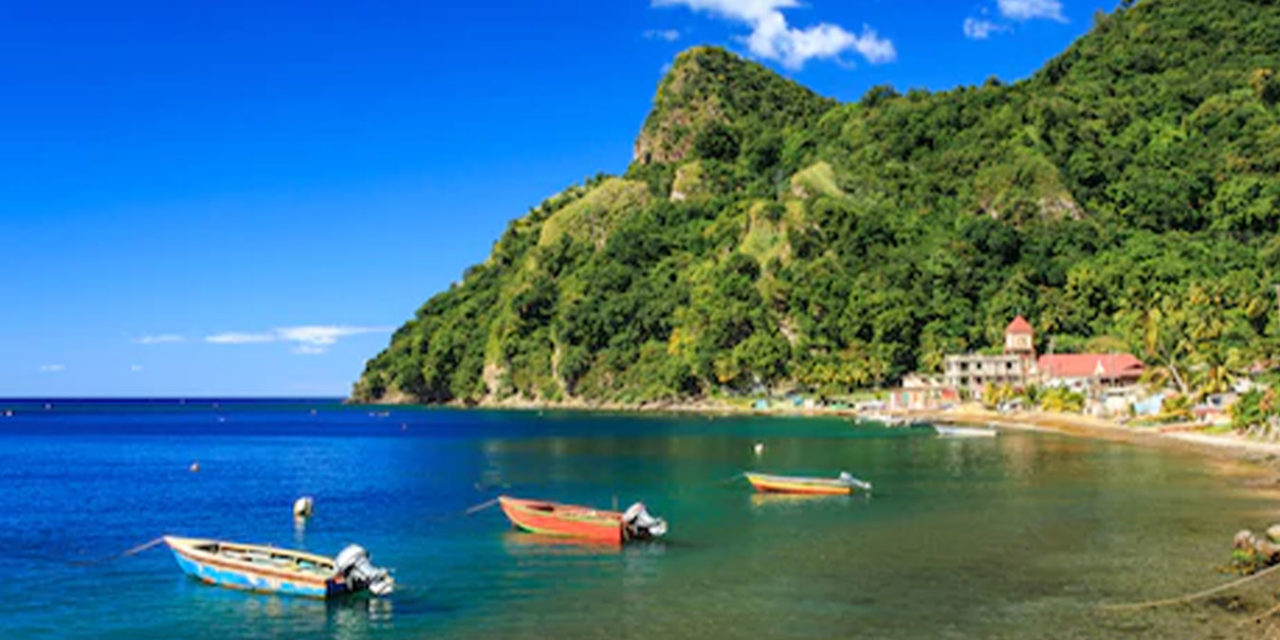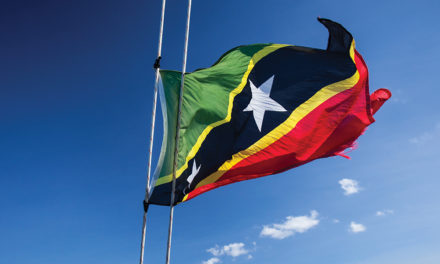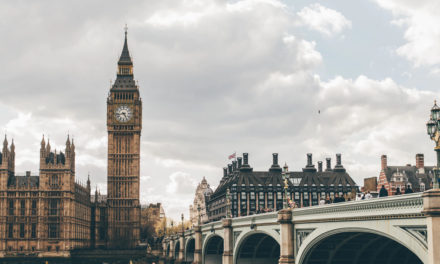The Dominican economy and Dominica as a country has changed massively in the past two decades and one of the principal reasons is its extremely successful Citizenship by Investment Programme.
Historically, Dominica was an agrarian economy exporting bananas and citrus fruits, but a combination of factors led to a rapid decline of the export markets on which it had relied. This trend was followed by Hurricane Dean in 2007, which did a lot of damage to the Dominican agricultural sector.
This prompted Dominicans who had relied on agriculture as a source of income to diversify and in many cases pivot away from agriculture to service industries such as tourism and financial intermediation.
One of these services is Dominica’s Citizenship by Investment Programme (CBIP), which was founded in 1993 and is ranked as the best CBIP in world by the Financial Times’ PWM CBI Index. PricewaterhouseCoopers (PWC), the multinational professional services network, carried out a study to find out how successful Dominica’s CBIP has been in terms of creating economic growth and improving the life of Dominican citizens.
CBIP was given its first proper test by Storm Erika in 2015, a period of drought and then the category 5 Hurricane Maria, which hit Dominica in September 2017. Tropical Storm Erika caused damage equating to 90% of GDP and Hurricane Maria, the first time a category 5 hurricane had hit the island, caused a staggering 226% of GDP.
In many cases funding from CBIP became available faster than donor funded programmes. Between 2017 and 2019 EC$582.6 million of CBIP funds was spent to support Dominica’s recovery effort.
In terms of fast practical results of what CBIP funding achieved in Dominica’s hour of need, the results speak for themselves. CBIP funding resulted in the rebuilding of 15 sections of damaged roads, 19 bridges, the repair of three hospital and six health centres and 15 damaged schools.
CBIP is also paying for the construction of 6,680 climate resilient homes, as most houses on Dominica were destroyed or seriously damaged by Strom Erika and Hurricane Maria.
Tourism is also gaining a greater foothold on the island with five luxury hotels and ecolodges being built, creating over 1,000 jobs just in their construction.
During the 2018/19 period CBIP accounted for around 41.5% of all expenditure in Dominica up from just 2% in 2014/15 and this figure is expected to increase in the future.
Dominica and Climate Resilience
As the effects of climate change worsen, so the severity and frequency of hurricanes will increase and the negative economic effects on Dominica will also intensify unless measures are taken to make the island more resilient. In response Dominica declared it will become the first climate reliant country in the world.
Climate resilience is defined by the UN’s Intergovernmental Panel on Climate Change as “the ability of a system and its component parts to anticipate, absorb, accommodate or recover from the effects of a hazardous event in a timely and efficient manner, including through ensuring the preservation, restoration or improvement of its essential basic structures and functions.”
The Dominican government has put into place several policies and initiatives that will provide climate resilience for its citizens including sustainable human settlement and communities and a focus on the sustainable use of ecosystems and natural resources on the island.
Housing and Infrastructure
The housing sector is one area where climate resilience and the benefits of CBIP can be clearly seen. Storm Erika and Hurricane Maria had a devastating impact on Dominican housing stock; 23,500 homes were destroyed by Hurricane Maria alone. Hundreds of homes have since been built, many of them climate resilient, which have been funded by the Economic Development Fund from CBIP.
One of the most interesting developments is Bellevue-Chopin, where almost 400 climate resilient homes have been built. The homes were partly constructed when Hurricane Maria hit, but because of the reinforced concrete used to build them, all of the homes survived. Bellevue-Chopin is now used as a model for other housing projects in Dominica. It is envisaged that CBIP will provide 6,680 new hurricane proof homes.
The Dominican government is also funnelling funds from CBIP to improve national infrastructure and has committed to building a new international airport in the north-east of the island, which means intercontinental flights will be able to land in Dominica for the first time. A new cruise port is also planned for the island.

The Growth of the Tourism Industry
Since the introduction in 2014 of the option to invest in approved real estate options under Dominica’s CBIP, a number of high-end hotels and ecolodges have been planned with some already open and the rest under construction. Jungle Bay, a luxury ecolodge recently opened to guests and Tranquility Beach, a huge Hilton branded resort, is due to open in 2021, while the Kempinski is due to open this autumn. The Anichi Resort, a luxury hotel, is already open to guests.
All of the hotels planned should be operational by 2022 and will increase the hotel stock on Dominica by 70%. An estimated US$477 million of investment from CBIP has been spent on these resorts.
High-end tourism of the sort on offer in Dominica has an important trickledown effect on the rest of the economy. Once completed these resorts will create direct jobs for more than 900 people but will also provide work indirectly. For example, it is estimated that one room in an ecolodge supports the livelihood of one farmer or fishermen. It is estimated that one tourist staying in this high-end accommodation spends on average EC$406 per night.
Dominica is also planning to establish a hospitality-training institute on the island to train local people and give them the skills and knowledge to work in this important industry.
The Future
The increased public expenditure overall on Dominica as a result of CBIP has brought tangible benefits to many aspects of life on the island. As well as being instrumental in Dominica’s recovery after Hurricane Maria, the establishment of a climate resilient economy and society will make the island much better placed to deal with extreme weather in the future.
The luxury hotels and ecolodges that are currently nearing the end of construction will bring significant employment opportunities to Dominicans and bring a sustained economic contribution to the nation’s finances.
CBIP also funded the initial stages of a geothermal power station on the island, the rest of the funding will come from the World Bank, increasing the share of renewable energy and giving Dominica the potential to become an energy exporter.
CBIP and all the projects it funds will help Dominica on the road to becoming a service based modern economy.
Main photograph shows a Dominican beach, with thanks to the Daily Telegraph
- Why is California So at Risk from Wildfires? - 13th November 2019
- Carbon Offsetting is Growing but Does it Make a Difference? - 11th November 2019
- Three Confirmed Dead as Australia Prepares for “Catastrophic” Bushfires - 11th November 2019






